6 start with W start with W
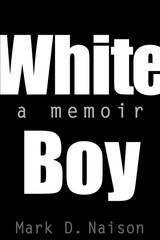
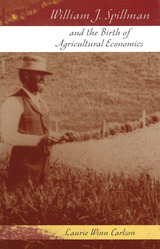

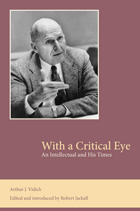
Best known for his book, Small Town in Mass Society (co-authored with Joseph Bensman, 1958), Vidich taught for more than forty years at the New School for Social Research in New York. He published eighteen books, co-edited a book series with Robert Jackall, and was the founding editor of the International Journal of Politics, Culture, and Society.
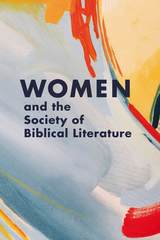
Celebrate 125 years of women's history in the Society of Biblical Literature.
Fourteen years after eight male biblical scholars met in Philip Schaff's study to create the Society of Biblical Literature and Exegesis, the Society admitted its first woman, Anna Ely Rhoads, in 1894. Since Rhoads joined, the careers and lives of women in SBL have changed radically from those earliest members, whose careers were largely tied to the careers of their fathers or spouses and to institutions concerned with the education of young women. Current members now serve on editorial boards and committees; women present papers and publish books; they teach and mentor students. Leading women biblical scholars from around the world reflect on their experiences studying the Bible academically in the twentieth and twenty-first centuries. This volume is a valuable tool for scholars and students interested in the lives and experiences of women in academic fields, the history of the SBL, and developments in the academic study of the Bible.
Features
- An essay on the history of women in the SBL, tracing some of the struggles and accomplishments of the Society's earliest members
- More than twenty-five autobiographical reflections from former SBL presidents, Council members, editors, and active members
- Reflections from members who specialize in a variety of subdisciplines, representing a range of academic and alternative academic careers
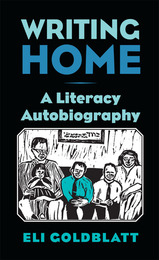
READERS
Browse our collection.
PUBLISHERS
See BiblioVault's publisher services.
STUDENT SERVICES
Files for college accessibility offices.
RECENTLY PUBLISHED
UChicago Accessibility Resources
home | accessibility | search | about | contact us
BiblioVault ® 2001 - 2024
The University of Chicago Press




